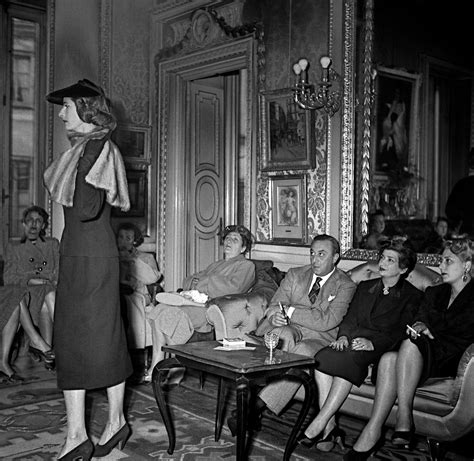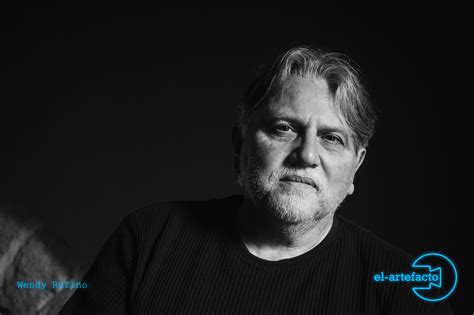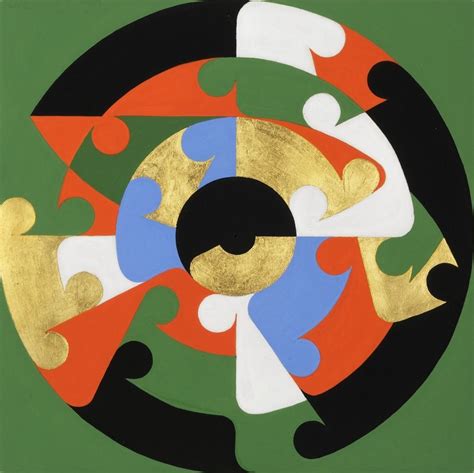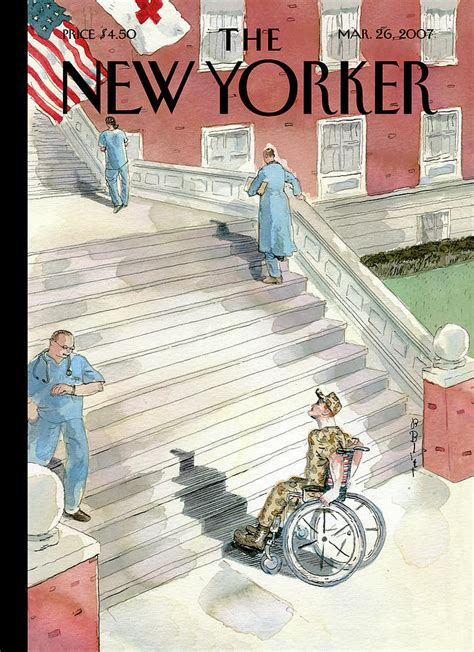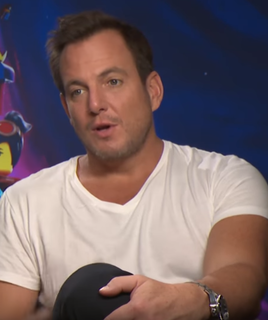A Quote by Frank Horvat
...photography is made essentially of time. I often think that what we show is a point in time, more than a window onto space.
Related Quotes
To speak technically photography is the art of writing with light. But if I want to think about it more philosophically, I can say that photography is the art of writing with time. When you capture an image you capture not only a piece of space, you also capture a piece of time. So you have this piece of specific time in your square or rectangle. In that sense I find that photography has more to do with time than with light.
The magazine business is dying. It's a hard time for publishing. It does seem that everyone is much more opinionated now. I think there's probably more room for making opinionated illustrations. There was a time when Time magazine and Newsweek would have a realistic painted cover. A friend of mine used to do a lot of those paintings and he was told by the art director at one point, we are switching to photography. It seems that if someone saw a painting on a cover, it took a while to do, it must be old news. Photography became more immediate.
I think often people fall into the breadth trap of wanting to do too long a period of time, and obviously there's this sort of algorithm of how much depth you can put into something times how much of their life you're trying to show. My attitude has always been, I'd rather show a briefer period of time in more detail than a longer period of time in less detail.
We all know of people who thought they could to it (whatever “it” is) tomorrow. We have all procrastinated on such a way, and often to our personal regret. It happens time and again, putting off things that we convince ourselves might be better, more meaningful, more appropriate for another time. So often that better time either never comes or really isn’t better or more appropriate after all. And then, sadly, the window of opportunity -to do something great- closes.
The decisive moment, the popular Henri Cartier-Bresson approach to photography in which a scene is stopped and depicted at a certain point of high visual drama, is now possible to achieve at any time. One's photographs, years later, may be retroactively rephotographed by repositioning the photographer or the subject of the photograph, or by adding elements that were never there before but now are made to exist concurrently in a newly elastic sense of space and time.
Traditionally, photography has dealt with recording the world as it is found. Before photography appeared the fine artists of the time, the painters and sculptors, concerned themselves with rendering reality with as much likeness as their skill enabled. Photography, however, made artistic reality much more available, more quickly and on a much broader scale.
I think it does because if you think of where "The Daily Show" was when I inherited it from Jon Stewart, I was in a space where, essentially, everything seemed like it was on track, you know, in terms of - from a progressive point of view, you know, you're looking at Republicans who, yes, were in control of many facets of government.
I am in the Aleph, the point at which everything is in the same place at the same time. I'm at a window, looking out at the world and its secret places, poetry lost in time and words left hanging in space...sentences that are perfectly understood, even when left unspoken. Feelings that simultaneously exalt and suffocate.
